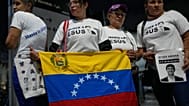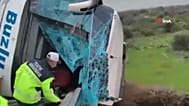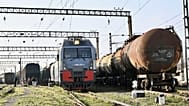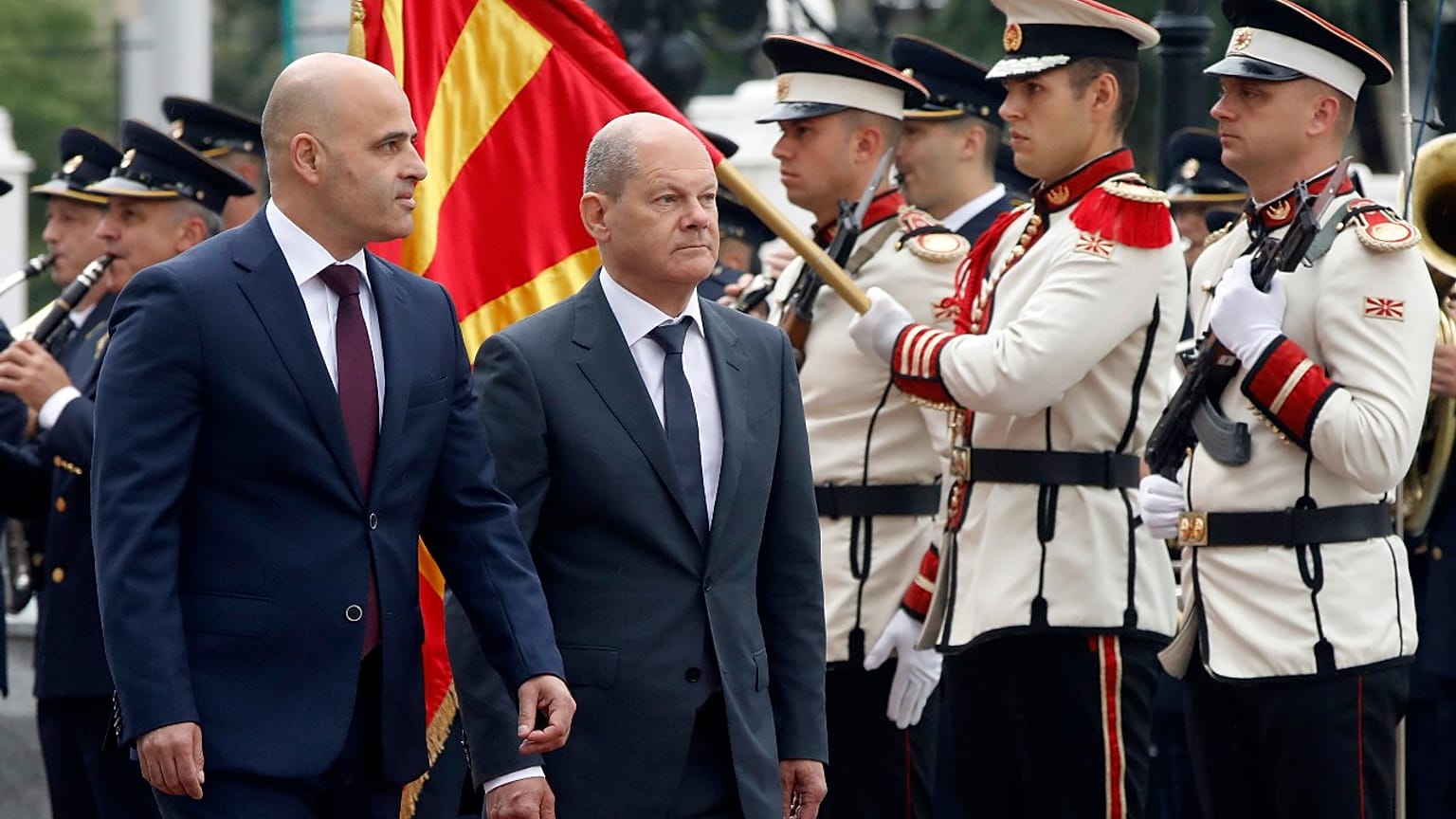Visiting Skopje, the German chancellor called for the EU to start membership talks, but seemed to achieve little progress in Sofia which reiterated its objections.
German Chancellor Olaf Scholz visited North Macedonia and Bulgaria on Saturday in a bid to resolve the dispute between both countries that has seen European Union membership talks with both North Macedonia and Albania blocked.
He called for the EU to start membership talks, but seemed to achieve little progress in Sofia where the Bulgarian government reiterated its objection to North Macedonia's accession.
Scholz said that “the Western Balkans are of strategic importance” for Germany and that his country is “serious” in supporting European integration of the region.
“North Macedonia and Albania deserve to start the membership talks,” Scholz said at joint news conference with North Macedonia Prime Minister Dimitar Kovachevski in the capital, Skopje.
Kovachevski said that his country's dream of joining the European Union was being held "hostage" by neighbouring Bulgaria.
"One EU member state (...) is holding two candidate countries, North Macedonia and Albania, hostage on the road to European integration," he told journalists.
These words were a clear reference to Bulgaria, which has been blocking the opening of EU accession negotiations with Skopje since November 2020 because of disputes over language and history.
Bulgaria insists North Macedonia must formally recognise that its language has Bulgarian roots, to mention a Bulgarian minority in its constitution and to stamp out allegedly anti-Bulgarian rhetoric. North Macedonia says its identity and language aren't open for discussion and that the solution must be based on European values.
Kovachevski said that North Macedonia has fulfilled all criteria to start membership talks with the EU, based on a “merit system,” and again called on EU leaders to give the green light for opening talks at the forthcoming EU summit on June 23.
The German Chancellor then travelled to Sofia where he met his Bulgarian counterpart, Kiril Petkov.
Bulgaria refuses to approve the EU’s membership negotiation framework for North Macedonia, effectively blocking the official start of accession talks with its smaller Balkan neighbour.
Petkov explained that Bulgaria would look into how the EU accession process could be used to improve the status of the Bulgarian minority in Northern Macedonia.
Scholz expressed confidence that progress could be made, adding that "the many objections that have built up between the two sides over the years had to be overcome".
On Monday, French President Emmanuel Macron said he was ready to welcome the Bulgarian and North Macedonian authorities to Paris "when the time is right" to conclude a bilateral agreement that would allow the opening of negotiations for Skopje's accession to the EU.
France, which holds the rotating presidency of the EU until 1 July, has been supporting "for several weeks" the search for a solution to the dispute between the two countries, the Elysée said after talks with Bulgarian President Rumen Radev and Dimitar Kovachevski.
Five countries are currently official candidates for EU membership: Northern Macedonia, Montenegro, Serbia, Albania and Turkey.















